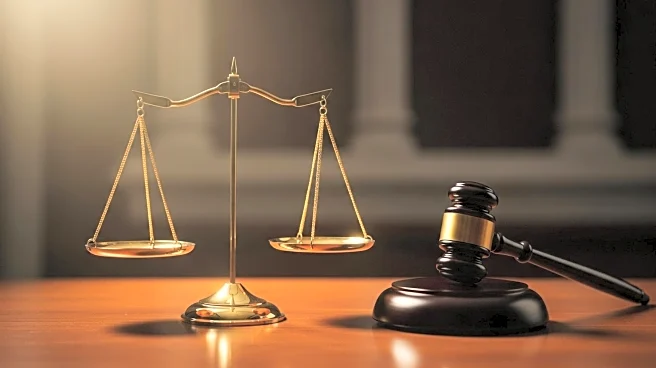What's Happening?
Supreme Court Chief Justice John Roberts has warned of a 'potential disaster' in a case challenging an Illinois law that allows the counting of late-arriving mail-in ballots. The lawsuit, filed by U.S. Representative Michael Bost, argues that the law violates a federal statute setting a uniform day for federal elections. Lower courts dismissed the case, ruling that the late votes likely had little effect on the election results. Roberts expressed concerns about basing a candidate's right to sue on electoral prospects, which could force judges to assume a political role.
Why It's Important?
The Supreme Court's decision in this case could have significant implications for election laws and the role of the judiciary in electoral politics. If the court rules in favor of Bost, it could lead to more lawsuits challenging election rules and impact the administration of elections across the country. The case highlights the tension between state and federal election laws and the potential for judicial involvement in political decisions.
What's Next?
The Supreme Court is expected to issue its ruling by June, which could influence future election laws and the balance between state and federal authority in electoral matters. The decision may also affect public perception of the judiciary's role in political issues and the integrity of the electoral process.
Beyond the Headlines
The ethical implications of the case raise concerns about the potential politicization of the judiciary and the impact on public trust in the electoral process. The involvement of the Supreme Court in election-related cases could affect the perception of the court's impartiality and its role in upholding democratic principles.










